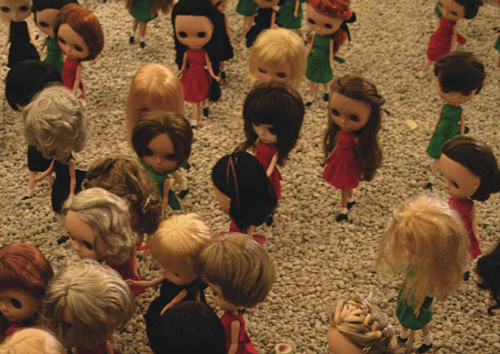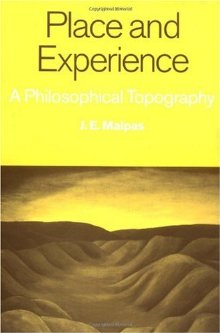Power Quote: Judith Butler

It would be a mistake to think that received grammar is the best vehicle for expressing radical views, given the constraints that grammar imposes upon thought, indeed, upon the thinkable itself. But formulations that twist grammar or that implicitly call into question the subject-verb requirements of propositional sense are clearly irritating to some. They produce more work for their readers, and sometimes their readers are offended by such demands. Are those who are offended making a legitimate request for “plain speaking” or does their complaint emerge from a consumer expectation of intellectual life? Is there, perhaps, a value to be derived from such experiences of linguistic difficulty? If gender itself is naturalized through grammatical norms, as Monique Wittig has argued, then the alteration of gender at the most fundamental epistemic level will be conducted, in part, through contesting the grammar in which gender is given.
(from Gender Trouble, pages xix-xx)
Spicer on Whitman
Forgive me Walt Whitman, you whose fine mouth has sucked the cock of the heart of the country for fifty years. You did not ever understand cruelty. It was that that severed your world from me, fouled your moon and your ocean, threw me out of your bearded paradise. The comrade you are walking with suddenly twists your hand off. The ghost-bird that is singing to you suddenly leaves a large seagull dropping in your eye. You are sucking the cock of a heart that has clap.
from “Some Notes on Whitman for Allen Joyce”
Arts, Process, Edit
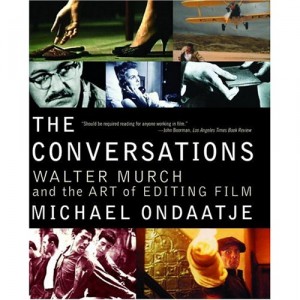 In France*, cheese-making is really two processes. On dairies, milk is collected from cows, goats, or sheep, is cultured, maybe cooked, somehow molded. That is the first process. After that, an affineur takes over. The whole job of an affineur is to age cheese. Keep it at the right temperature, rotate it, maybe dust it off from time to time. When you hear about cheese caves, that’s the affineur part. In the small-producer cheese world, the affineurs are the stars, the ones whose name you would know if you worked in that industry. Pierre Androuet, Herve Mons, Marcel Petite (O the Comte from the cellars of Marcel Petite!). One affineur might get wheels from several different trusted dairies, whose names never make it on the packaging (unlike in the US, where most cheeses seem to be branded by farm/dairy).
In France*, cheese-making is really two processes. On dairies, milk is collected from cows, goats, or sheep, is cultured, maybe cooked, somehow molded. That is the first process. After that, an affineur takes over. The whole job of an affineur is to age cheese. Keep it at the right temperature, rotate it, maybe dust it off from time to time. When you hear about cheese caves, that’s the affineur part. In the small-producer cheese world, the affineurs are the stars, the ones whose name you would know if you worked in that industry. Pierre Androuet, Herve Mons, Marcel Petite (O the Comte from the cellars of Marcel Petite!). One affineur might get wheels from several different trusted dairies, whose names never make it on the packaging (unlike in the US, where most cheeses seem to be branded by farm/dairy).
So it goes with films–the editing is done by someone else, not the director or screenwriter. Walter Murch was the editor and/or sound editor (he’s the only person to win Oscars for both) of Apocalypse Now, The Godfather II, The Conversation, and many many others. His work on The English Patient acquainted him with Michael Ondaatje. The two had a series of conversations/interviews (Ondaatje is asking the questions, primarily) that are collected in a book called The Conversations: Walter Murch and the Art of Editing Film.
The book is a trove. I’ve been meaning to write about it here for over a year (!), but I’m still not all the way through it. Obviously, I’ve put it down a lot, but also I just really want to take my time with it because there is so much to learn and reflect on. I’m fascinated by how these two men, both of whose work I adore, find these nexuses between film editing and book editing. It’s a reminder of how much we as word-people have to learn from people who work in other media. The reason I started with the cheese example is that the big overarching thing the book makes me think about is the relationship between making and aging/editing/tending/revising. Below are a few passages that stood out for me. But really, you should have this book. It was assigned to me in grad school by the great Susan Bell, author of The Artful Edit, which, if a friend hadn’t made off to California with my copy, would get its own post. But with all respect to Bell and Stunk and White and the rest, The Conversations is the best writing manual (not that it’s trying to be) that I’ve ever read. So, here are some bits (O for Ondaatje and M for Murch):
M: It’s a stage in the process I call “editing with eyes half closed.” You can’t open your eyes completely, which is to say, you can’t express your opinion unreservedly. You don’t know enough yet. And you’re only the editor. You have to give everything the benefit of the doubt. On the other hand, you can’t be completely without opinion, otherwise nothing would ever get done. Putting a film together is all about having opinions: this not that, now not later, in or out. But exactly what the balance should be between neutrality and opinion is a very tricky question. The point is, if you squash this down, then you push the whole curve of the film down, whereas it might have righted itself by its own mysterious means. If you try to correct the film while putting it together, you end up chasing your own tail.
Geography Thursday
In “The Wrong Place” (published in Art Journal), Miwon Kwon argues:
Throughout the twentieth century, the history of avant-garde, or “advanced” or “critical,” art practices (however one might want to characterize those practices that have pressured the status quo of dominant art and social institutions) can be described as the persistence of a desire to situate art in “improper” or “wrong” places. That is, the avant-garde struggle has in part been a kind of spatial politics, to pressure the definition and legitimization of art by locating it elsewhere, in places other than where it “belongs.” (42-3)
Do you agree? Is this relevant to writing? Can writing be situated improperly? How so or not?
[Note: This post is being composed in a very wrong place for me: DC in a Starbucks with free wifi.]
2006 Updike interview re: Nabokov (and other things)
Lila Azam Zanganeh: I read that you weren’t a great fan of Ada.
John Updike: I thought the book was [coughs]—sorry I think I may be losing my voice.
Lila Azam Zanganeh: No problem.
Geography Thursday: people as ‘functions of landscape’
In Jeff Malpas’s excellent book, Place & Experience: A Philosophical Topography, he writes:
In Proust’s work, persons and places intermingle with one another in such a way that places take on the individuality of persons, while persons are themselves individuated and characterized by their relation to place; persons come to be seen, to use a phrase from Lawrence Durrell, almost ‘as functions of a landscape’ – in some cases, even of a particular room or setting. In fact, the narrator of Proust’s novel, Marcel, grasps his own life, and the time in which it is lived, only through his recovery of the places in relation to which that life has been constituted. Remembrance of Things Past is thus an invocation and exploration of a multitude of places and, through those places, of the persons who appear with them.
What do you think about this? Should our characters be ‘functions of landscape’? How does thinking about characters – especially in Proust – in this way alter our experience of a text? Are we – real, live human beings, as opposed to our fictional characters – functions of our landscape?
Commence arguments.
“The most important and enjoyable thing in life is doing something that’s a complicated, tricky problem for you that you don’t know how to solve.” -William Vollmann
Geography Thursday #I lost count

“Science is not about verification, it is about falsification. And science is therefore the art of being precisely wrong!” -David Livingstone, The Geographical Tradition: Episodes in the History of a Contested Enterprise
Two Sentences from Bernhard’s The Loser
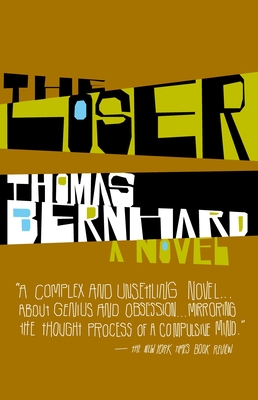 In the opening pages of Thomas Bernhard’s The Loser, the narrator says:
In the opening pages of Thomas Bernhard’s The Loser, the narrator says:
If I hadn’t met Glenn Gould, I probably wouldn’t have given up the piano and I would have become a piano virtuoso and perhaps even one of the best piano virtuosos in the world, I thought in the inn. When we meet the very best, we have to give up, I thought.
Roberto Bolaño: “Instead of waiting, there is writing.”
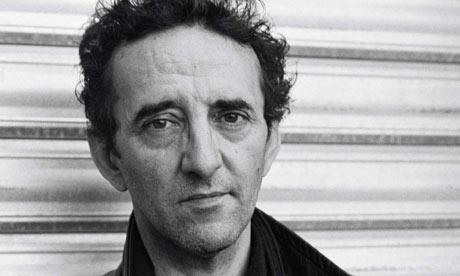
“The truth is, I don’t believe all that much in writing. Starting with my own. Being a writer is pleasant—no, pleasant isn’t the word—it’s an activity that has its share of amusing moments, but I know of other things that are even more amusing, amusing in the same way that literature is for me. Holding up banks, for example. Or directing movies. Or being a gigolo. Or being a child again and playing on a more or less apocalyptic soccer team. Unfortunately, the child grows up, the bank robber is killed, the director runs out of money, the gigolo gets sick and then there’s no other choice but to write. For me, the word writing is the exact opposite of the word waiting. Instead of waiting, there is writing. Well, I’m probably wrong—it’s possible that writing is another form of waiting, of delaying things. I’d like to think otherwise.”
from interview in Bomb, 2002

